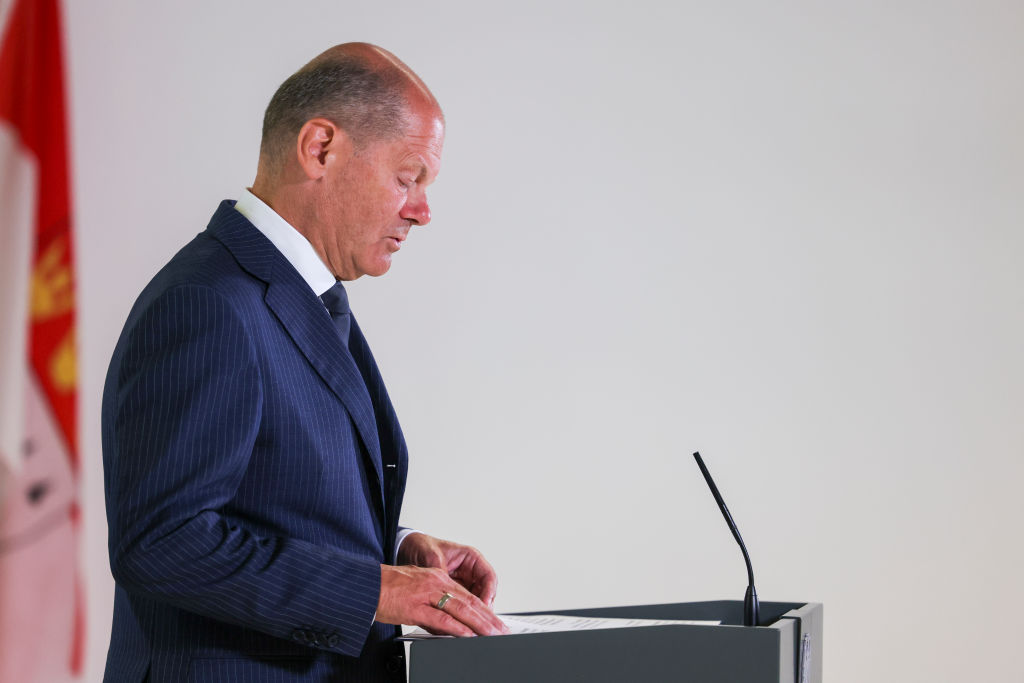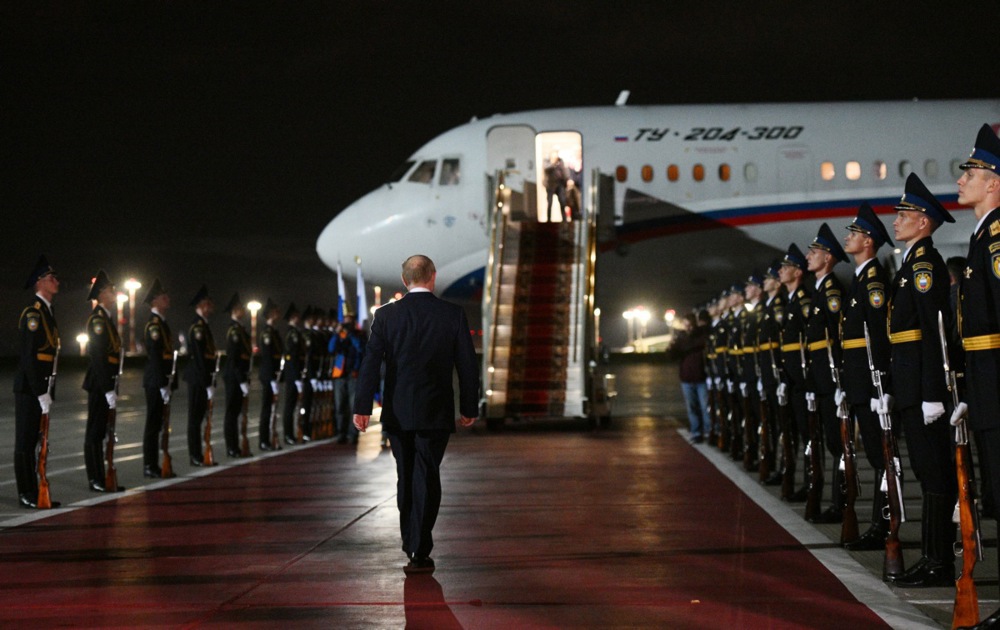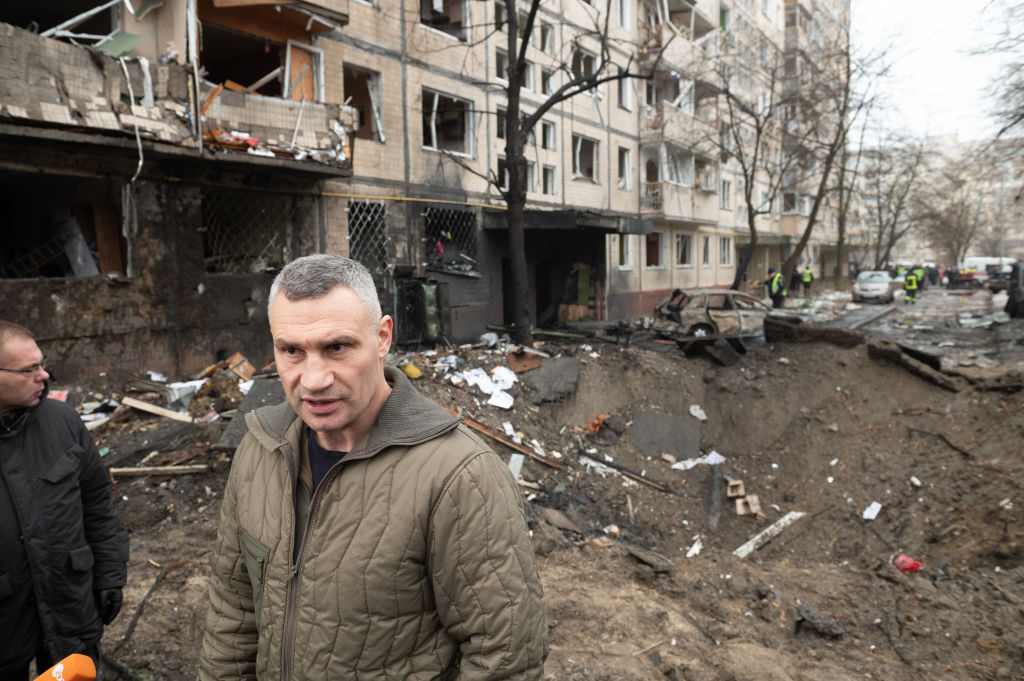Moscow has accused Washington of plotting a “Tbilisi maidan” event aimed at an illegal coup of the Georgian Government, the TASS news agency has reported.
The so far unsubstantiated allegation marks one of the latest developments in Georgia’s increasingly fractious political landscape, with the country becoming a battleground between East and West.
In a statement published on August 26, the Russian Foreign Intelligence Service alleged that the US had become “extremely dissatisfied with the landscape in Georgia” ahead of the country’s October 26 general election.
The country, it said, was now plotting to instigate a “colour revolution” using foreign-funded NGOs in the country. The Kremlin agency also claimed that Washington wanted to foment a movement similar to the so-called “Euromaidan” protests that helped to remove Ukraine’s former Moscow-friendly government in 2013.
“At the ‘Tbilisi maidan’, they plan to make public ‘evidence of falsifications’ in voting, announce non-recognition of the election results and demand a change of power,” the Kremlin claimed.
“Law enforcement agencies will be provoked to suppress the protests by force.
“Georgian pro-Western non-governmental organisations are recruiting a large number of people to closely monitor the voting process,” the Moscow spy agency added.
“They are tasked with identifying and recording ‘imminent facts’ of the authorities’ use of administrative resources even if they do not exist. Washington is providing additional funding for local opposition youth associations, which are expected to become the ‘locomotive’ of post-election protests.”
The Kremlin-aligned suspected spies are not said to have provided any evidence backing such claims.
COMMENT: EU criticism of Georgia's "foreign agents law" is orchestrated, ideological, and virtue-signalling. In any other country, this is called transparency, but in Brussels, the Commission calls it “pro-Russian,” writes @rodballester. https://t.co/9TOdlx89Et
— Brussels Signal (@brusselssignal) June 7, 2024
Moscow’s allegations came as Western governments expressed concern at what the see as the Georgian Government’s increasing alignment with Moscow.
Tiblisi has insisted that it still wished to maintain close ties with the West — including becoming a member of the European Union. The country’s decision to pass laws requiring foreign-funded NGOs to register with the government, though, has sparked accusations of a clampdown from Europe.
NGOs have been quick to compare the legislation to that passed by Moscow, with many foreign-funded non-profits in the country referring to it as the “Russian law”.
Georgia has countered that the European Commission was also planning a similar law requiring foreign-funded organisations to register with Brussels, although this law has also been condemned by NGOs.
According to a report by the US Government-funded Radio Free Europe, many NGOs in the country have opted to ignore the law — something it characterised “as an act of civil disobedience”.
This controversy has since been eclipsed by the Georgian Government threatening to ban most pro-Western parties following the country’s general election, a move the ruling party has justified on grounds of alleged corruption.
When challenged on whether this move was compatible with democracy, Tiblisi has cited similar moves by Ukraine and Moldova, with both countries’ governments having banned major opposition parties over their alleged ties with Russia.
Critics have countered that one such case of prohibition was successfully overturned in the Moldovan courts, although other groups in the country remain prohibited.
The European Union’s ambassador to Georgia said the bloc has frozen €30 million in military aid to Georgia amid what he said was “a low point” in relations between the two. https://t.co/kFzOkzeRkC
— Brussels Signal (@brusselssignal) July 9, 2024





